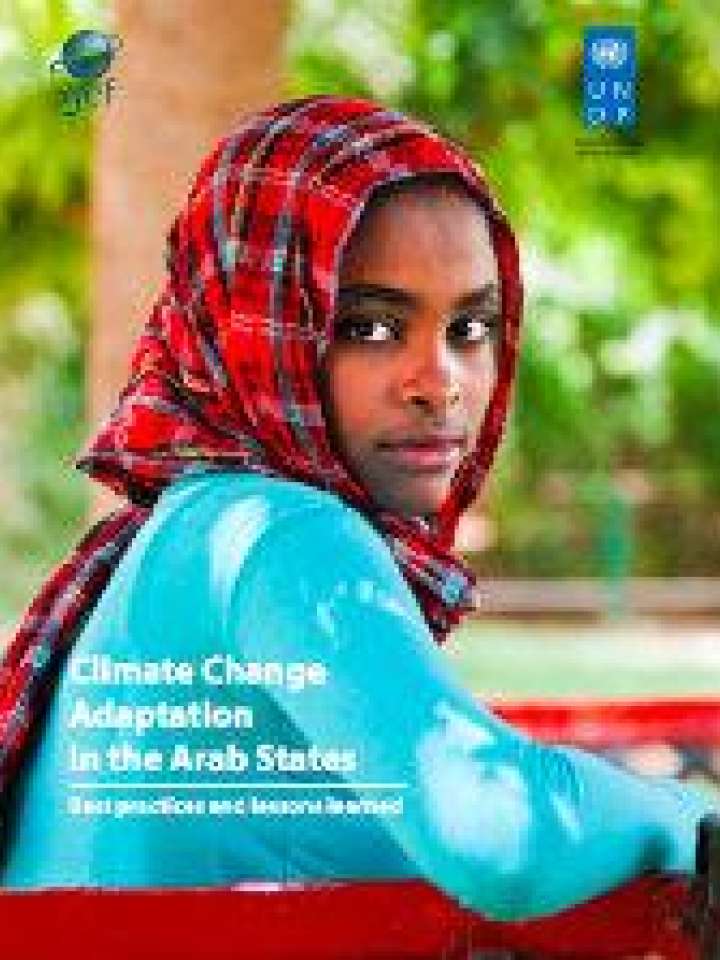Climate change adaptation in the Arab states
The purpose of this publication is to detail lessons learned from UNDP’s Climate Change Adaptation work and achievements in the Arab region on achieving sustainable and lasting results. Some lessons include building local capacity at all levels to ensure a project’s long-term viability, decentralizing infrastructure management, implicating community-based organizations, and promoting resilience of vulnerable populations through livelihood diversification. Providing populations with access to adapted financial services such as Weather Index Insurances (WII) linked with microfinance services was found to support rural populations to become more resilient to climate induced damages. The immediate objective of this publication is not only to share experiences with a wider audience, but also to inform future CCA programming. The publication furthermore acts as a call to action to facilitate a long-term coordinated approach to increasing the resilience of countries most vulnerable to climate change in the region.
UNDP is supporting countries in the four sub-regions of the Arab region (Mashreq, Maghreb, Arab Gulf and Horn of Africa) to adapt to climate change impacts and to prepare for disaster risks. These countries include some of the least developed countries (LDCs), namely: Djibouti, Somalia, Sudan, and the Republic of Yemen; Tunisia in the Maghreb; and the Arab Republic of Egypt, Iraq, Jordan, Lebanon and the occupied Palestinian territories in the Mashreq. UNDP projects have aimed to improve natural resource governance and management while balancing socio-economic needs and environmental protection. Currently, UNDP’s Climate Change Adaptation (CCA) portfolio includes two projects in Djibouti and Sudan in addition to single projects in Egypt, Somalia, Tunisia and Yemen.
Explore further
